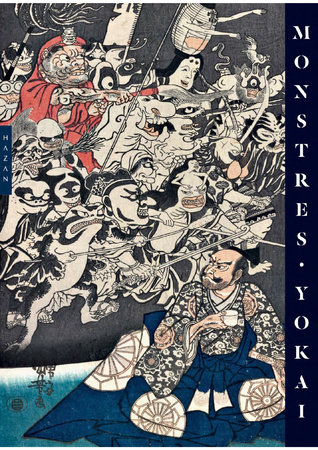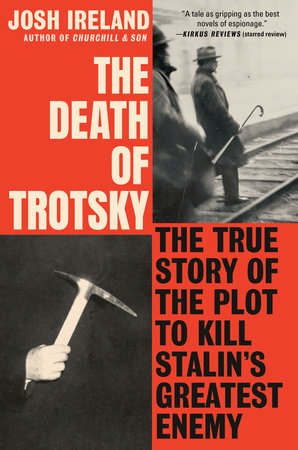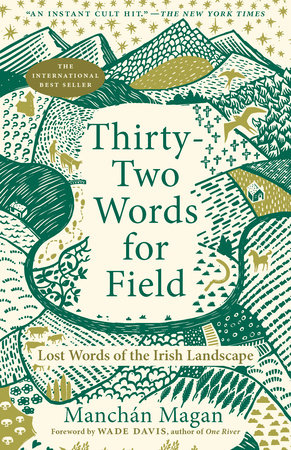“A story of cultural collision, deep misunderstandings and willful arrogance by people in power. It’s one small chapter in the long history of mistreatment of Native peoples by Americans who saw them as inferiors. It’s also something of an adventure story, albeit one that ends tragically . . . an absolutely captivating narrative. ” — The Fairbanks Daily News-Miner
“A tale of scientific arrogance [that] is truly unforgettable.” – Publishers Weekly
“A heart-rending narrative.” — Nunatsiaq News
“Impeccably researched and gracefully written, this is an essential book.” – Andrea Barrett, author of Ship Fever and The Air We Breathe
“White men have had lots of chances to override the rights of other people with indifference . . . Writing about this state of affairs can be risky . . . Kenn Harper walks this tightrope with grace.” – Patricia Nelson Limerick, past president of the Organization of American Historians, in The New York Times Book Review
A “fascinating and sad story . . . well researched and simply told.” – USA Today
“Richly sensitive and totally gripping.” – Parade Magazine
A “smartly paced, deeply informative and moving book.” – The Cleveland Plain Dealer
“An exposé of the intellectual arrogance that permeated the race to explore the Arctic region.” – Library Journal (starred review)
“Minik’s tale is a stinging indictment of the arrogance of some of the most prominent scientists and philanthropists of the time . . . But, as Harper concedes, the scientists’ behavior was hardly outrageous when viewed through the lens of the era. Perhaps that is the bigger tragedy.” – The Associated Press
“Kenn Harper interprets the tale with elegance and compassion. His narrative does more than represent the experiment as the inhumane and exploitive pseudo-science it was, he offers insight into turn-of-the-century American society and its admiration and reverence for polar exploration.” — UpHere Magazine
“Minik’s saga is at once riveting and repulsive, enlightening and horrifying. Harper intertwines history, legend, anthropology, racism, greed and good intentions – the best and worst of human nature. . . . don’t wait for the movie to discover this astonishing tale for yourself.” – The Toronto Sun
“In 1897, the story of Minik was passed off as science. But it didn’t take long for people to recognize it for what it truly was: a tale of kidnapping, exploitation and heartless abandonment. . . . For Harper, telling Minik’s tale has clearly been a labor of love. . . . [his book] is a graceful reconstruction of Minik’s biography . . . letting the facts speak for themselves.” – Newsday
“A moving account of science devastatingly and thoughtlessly misapplied, one of the countless tragedies visited on Native America.” – Kirkus Reviews
“Well-done and sympathetic . . . an incredible tale. “ – The El Paso Times
Minik “contains valuable historical lessons about often well intentioned but nonetheless destructive (museum) administrators and scientists . . . Harper is to be congratulated for diligent scholarship at the service of a strong sense of historical justice.” – The Journal of American History
Minik “paints a different picture of Robert Peary than that offered by history books and the encyclopedia . . . But Minik is not just a bitter tale of an Inuit boy and the terrible injustices that he experienced at the hands of so-called civilization. It is full of the better side of humanity . . . This book captures a snapshot of the era surrounding the foundation of the American Museum of Natural History.” – The Seattle Times
Minik is “a startling success for a macabre tale of looted skeletons, of freebooting rapacity by prominent figures of Arctic exploration, and of the conquest of the polar north as seen through the eyes of the Inuit . . . Most controversially, the book paints an unlovely portrait of two American icons: the widely respected museum, and Peary, who in 1909 led the first expedition to the North Pole.” – The Boston Globe














